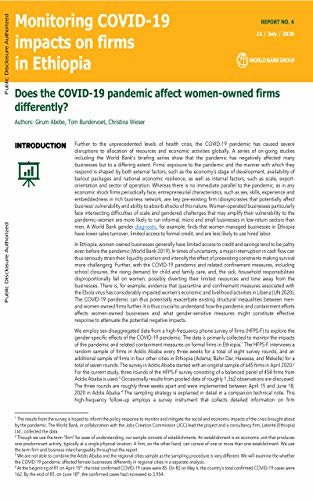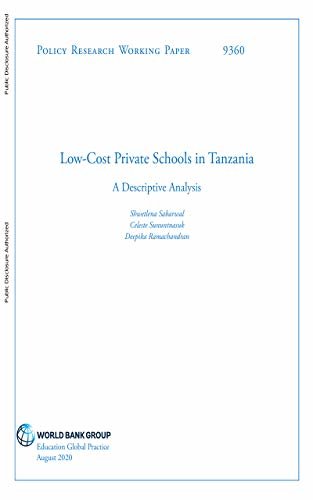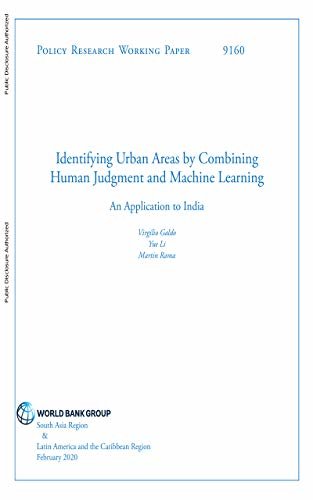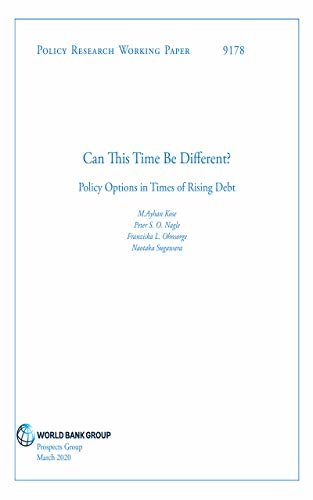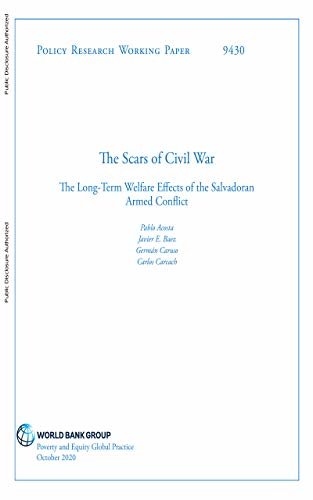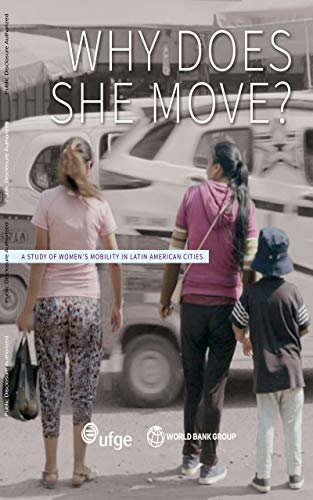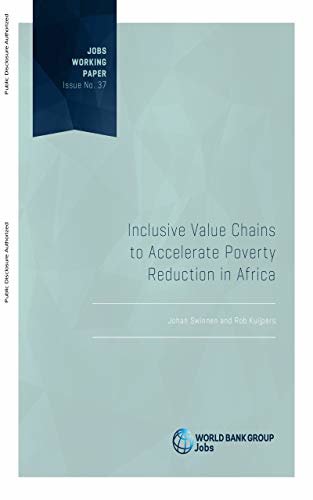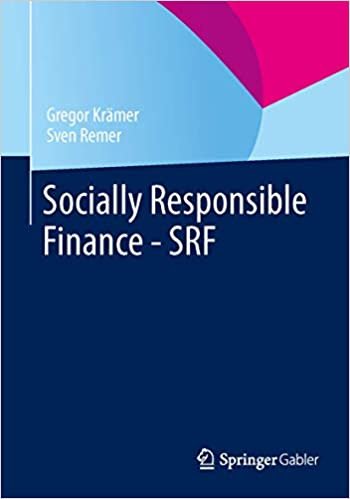ダウンロード Taking Stock, December 2020 : From COVID-19 to Climate Change - How Vietnam Can Become the Champion of Green Recovery (English Edition) 本
から World Bank World Bank Group Publications
Taking Stock, December 2020 : From COVID-19 to Climate Change - How Vietnam Can Become the Champion of Green Recovery (English Edition)
In these early days of December 2020, most Vietnamese must wear a face mask. The cause is not only the fear of COVID-19 (coronavirus), but also of polluted air which, in the country’s major cities, is four times more polluted than the safety level recommended by international agencies. Regrettably, even if the government has done a superb job containing the biggest and most recent pandemic, Vietnam is vulnerable to many health and environmental disasters. Beyond air pollution, which is killing an estimated 60,000 people every year, the country is exposed to coastal erosion, drought, and saline intrusion and landslide. The recent series of tropical storms in the central region, with over 240 casualties and a quarter million damaged or destroyed homes, has been another painful reminder of this fragility. This edition of the Taking Stock, after describing the recent trends in the Vietnamese economy, asks why Vietnam has not been as effective in dealing with environmental and climate challenges as with the COVID-19 crisis, which are arguably different but have also many similarities. The successful experience in implementing the right measures at the right time during the COVID-19 crisis deserves more attention as it can inspire policymakers in their commitment to address the environmental and climate challenges. First, the successful management of the pandemic has demonstrated (again) that it is better to be ready and to act early and boldly. Second, beyond vision and capacity, the ability to inspire experimentation and innovation is an effective way to change individual and collective behaviors, which is fundamental in the effort to cope with health and climate threats. By all standards, Vietnam has managed the COVID 19 crisis very well. The number of infections and deaths has been minimal, with few community infections since mid-September. Despite strict social distancing measures and an unprecedented global recession, Vietnam’s economy is expected to grow at 2.8 percent in 2020. Although this performance is about 4.2 percentage points lower than the country’s recent performance, Vietnam will remain in positive growth territory, while the world economy is expected to contract by at least 4 percent. In East Asia, only two other countries—China and Myanmar—are expected to report positive GDP growth this year. Vietnam’s economic resilience is explained by the behavior of both its domestic economy and its externalsector. After three weeks of national lockdown in April, most industrial and service activities rebounded as domestic consumers and investors regained confidence. Not only has the private sector reacted positively to the gradual easing of social distancing and mobility measures, but the government has changed the course of its fiscal policy to support the recovery. After three years of fiscal consolidation, the authorities acted decisively and accelerated the disbursement of the public investment program, which increased by about 40 percent between January and September compared to the same period a year ago. Concurrently, like most central banks, the accommodative monetary policy and temporary financial relief measures of the State Bank of Vietnam provides breathing space to affected businesses and people.
人気のある作家
Napoleon Hill (19) yeoys softback (16) Sourcebooks (15) Italy Editorial DataGroup (13) Japan Editorial DataGroup (13) Robert T. Kiyosaki (13) France Editorial DataGroup (12) Penguin Audio (12) Amy Knapp (11) Brian Tracy (11) mimamour (11) Audible Studios (10) Donte Valenzuela (10) Simon & Schuster Audio (10) Manuela Maier (9) United States Editorial DataGroup (9) Yousuf Hayes (8) Germany Editorial DataGroup (7) Jason Whigham (7) Zackary Horne (7)最適なファイルサイズ
2406 KB 2418 KB 2413 KB 2417 KB 2411 KB 2416 KB 2420 KB 2407 KB 2414 KB 2415 KB 2419 KB 2422 KB 2425 KB 2408 KB 2409 KB 2412 KB 2399 KB 2404 KB 2410 KB 2432 KB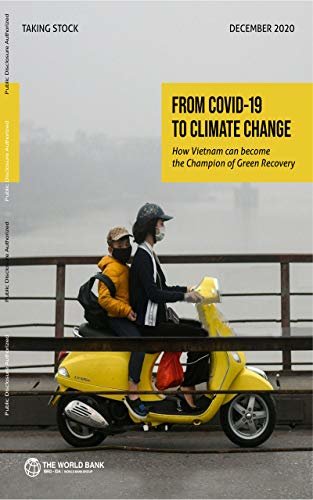

![[第一弾] 世界のエリートが学んでいるMBA必読書50冊を1冊にまとめてみた](http://files-castle.com.website.yandexcloud.net/book-cover/6bb0e858829c126954745a82664f8222.jpg)










